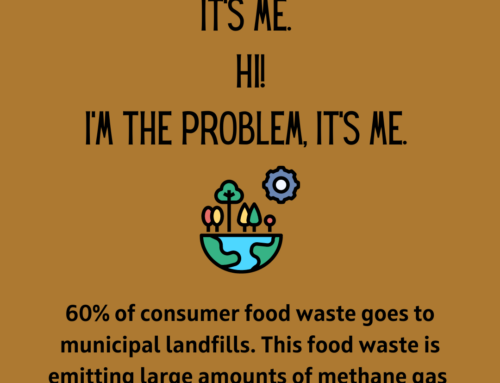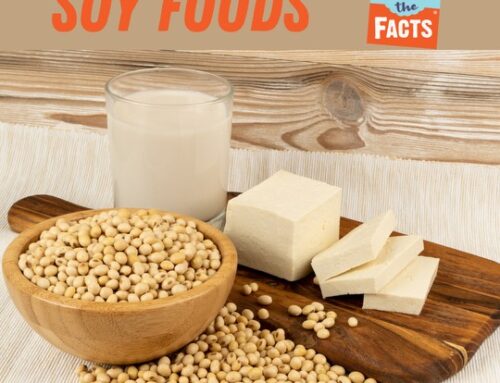I just arrived home from a conference about some of the hottest topics in nutrition right now: Food safety/allergy, dietary fat and heart health (omega-3 fatty acids, dairy fat), food intolerance (gluten, wheat, sugars, dairy protein), plant-based proteins, diet and irritable bowel disease, gut health and the microbiome, and how to handle fake nutrition news (a favorite topic, as that’s where Chew the Facts was born).
In the coming weeks, I’ll continue to cover these topics and will cite the research as well. Most of these topics are indeed emerging, and I’m excited that many of them support the DASH Diet eating style. I’m also excited about the research supporting proper infant feeding from birth, through the first 1000 days. Such an important topic, and near to my heart. Personally, I think the only solution to pediatric obesity is prevention via healthy pregnancies and proper infant feeding.
Is Dairy Fat Different?
I was quite interested in learning how dairy fat may be of benefit to heart health. Teaser: As a self-proclaimed cheese-lover, news about the potentially functional quality of dairy, via peptide action as well as how some dairy fat may behave differently than other saturated fats, interests me. Dairy fat has been demonized at times, and limited, with standard recommendations to “use low fat or non fat dairy”. While I’ve made those recommendations myself, I’ve also always worked with clients individually – creating meal plans that work for them. Some research is showing that dairy fat may behave differently than other sources of saturated fat. Of course high fat dairy products still provide more calories than lower fat options, and calories are still an important issue. Total calorie load may be more important for those who are trying to lose weight or maintain a healthy body weight, but in most cases, a variety of dairy may be workable (perhaps cream in your coffee, regular cheese or yogurt, and low fat milk – or some combination of that).
You’ll also be interested to learn more about allergy – and how offering peanut butter in the first year of life actually reduces risk of food allergy.
Stay tuned over the next months for more details, more research, and more information on trending food and nutrition topics.






Focus on a slow and steady fat loss. When it comes to losing weight, slow is fast and fast is slow. If you do it correctly according to the above guidelines, you only need to do it once. If you do it incorrectly, you will spend your whole life trying to lose weight.